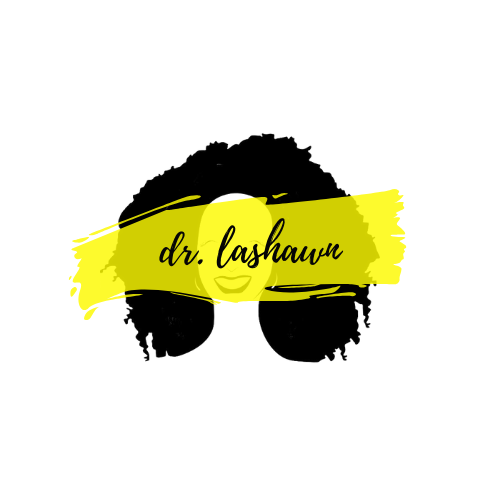Have you ever smiled at racism?
Have you ever had to hold a smile and a conversation during active racism?
When it’s the only location where you can buy the thing you need to buy because you aren’t knowledgeable enough to go to Amazon and get it on your own, you have to hold a smile and a conversation about the “nicest colored lady” that was helped across the street into Walmart by the person who owns the supplies you’re purchasing.
“Was that your mom?”
“No… no it wasn’t. How much is my total? Cool, thank you. I’ll be back tomorrow with the sample.”
Now, of course, there was actual human interaction. I know that the human I was talking to had a life history and a story and real concerns and saw me, in that moment, as a real person too. We shared stories. We high fived. We laughed. They educated me based on their expertise. They are, like I am, a multi-dimensional person.
However, I also knew that this was not the time to correct their language. It wasn’t the time to tell them a history lesson. It wasn’t a time to say “did you know what you said is racist?” I just wanted to buy the stuff that I needed to buy and go home and do what I needed to do.
But I had to hold a smile and a conversation during the racism. And I have to go back tomorrow because it’s the only place I can go to buy what I need to buy and do what I need to do.
This is just one example, of many, of racial battle fatigue. It’s the routine, really boring, daily living experiences that we all just want to have as uneventfully as possible that are interrupted by racist actions that Black folks have to ignore and “grow a thick skin” because how dare we mention it and “play the race card” in a conversation with a stranger?
In these moments, we seem to fail at remembering that when racism entered the discussion, the card was already played.
